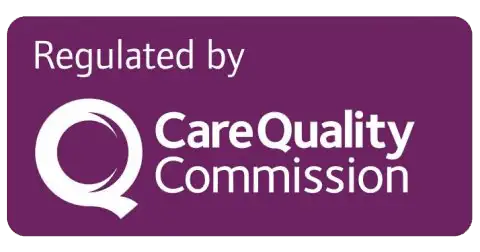Heroin is one of the most dangerous and addictive substances in the world. Despite its well-known risks, heroin use continues to be a major public health crisis, affecting individuals, families and communities. Whether you’re seeking information for yourself or a loved one, understanding the dangers of heroin is the first step toward awareness and recovery.

What Is Heroin?
Heroin is an opioid substance made from morphine, which is found in the opium poppy plant. It is typically available as a white or brown powder or as a sticky black substance known as black tar heroin. Heroin can be injected, smoked or snorted, and all methods of use pose serious health risks.
The Immediate Effects of Heroin Use
When heroin enters the body, it quickly binds to opioid receptors in the brain, producing a rush of euphoria and relaxation. However, these pleasurable effects come at a significant cost. Some immediate effects of heroin use include:
-
- Trouble breathing deeply
- Nausea and vomiting
- Drowsiness and confusion
- Itchy skin and dry mouth
- Slowed heart rate, which can lead to overdose
Even just one time using heroin can be risky. The strength of the drug can be different each time, and this can accidentally cause an overdose.
The Long-Term Health Consequences of Heroin
Regular heroin use takes a severe toll on physical and mental health. Some of the most concerning long-term effects include:
-
- Severe addiction and dependence – Heroin is highly addictive, making you physically and mentally reliant on it.
- Damage to the brain – Heroin alters brain function, making it harder to make good decisions, remember things and control your emotions.
- Infections and diseases – Sharing needles or using unsterile equipment increases the risk of HIV, hepatitis B and C, and bacterial infections.
- Collapsed veins and organ damage – Injecting heroin can lead to collapsed veins, abscesses and damage to major organs like the liver and kidneys.
- Mental health disorders – People who use heroin often struggle with depression, anxiety and unpredictable moods.
- Increased risk of overdose – Tolerance builds quickly, leading people to take larger doses that increase the likelihood of overdose.
The Risk of Overdose and Death
Heroin use is incredibly dangerous because it significantly slows down the central nervous system. This can lead to respiratory failure, coma and death. Overdose is especially common when heroin is mixed with other substances like fentanyl, a powerful synthetic opioid that is up to 50 times stronger than heroin. Signs of a heroin overdose include:
-
- Breathing that’s very slow or has stopped altogether
- Not responding or being unconscious
- Skin, lips or nails turning blue
- Sounds of vomiting or choking
If you suspect someone is overdosing, seek medical help immediately. Naloxone (Narcan) can reverse the effects of an opioid overdose if administered quickly.
How Heroin Affects Families and Society
Heroin addiction doesn’t just impact the user; it affects families, relationships and entire communities. Loved ones often experience emotional distress, financial strain and broken trust. Additionally, heroin use contributes to crime rates, homelessness and increased healthcare costs.
Seeking Help for Heroin Addiction
Recovery from heroin addiction is possible with the right support and treatment. At The Wellbourne Clinic, we offer:
-
- Medically supervised detox to manage withdrawal symptoms safely.
- Rehabilitation programmes that address the root causes of addiction.
- Therapy and counselling to help people to rebuild their lives.
- Ongoing support to prevent relapse and encourage long-term recovery.
Using heroin puts your life at risk, but there’s hope. If you or someone close is battling a heroin addiction, please don’t hesitate to reach out for help. The Wellbourne Clinic is ready with caring, effective treatment to guide people toward a life free from addiction. A new beginning is just one call away.









